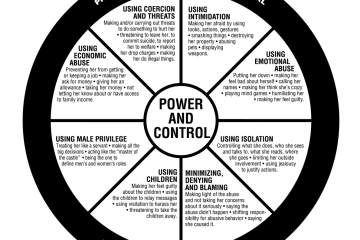Exploring Alcoholics Anonymous: A Lifeline for Recovery

Introduction to Alcoholics Anonymous (AA)
Alcoholics Anonymous, commonly known as AA, is a global fellowship that aids individuals struggling with alcohol addiction. Founded in 1935, AA provides a structured support system, encouraging members to share their experiences and promote recovery through mutual assistance. The significance of AA has only grown over the decades, making it a critical resource for those affected by alcohol dependence.
The Structure and Principles of AA
AA operates on a peer-led, volunteer basis, focusing on the Twelve Steps — a set of guiding principles aimed at fostering personal recovery and growth. These steps encourage members to admit powerlessness over alcohol, seek help, and make amends for past actions. Regular meetings serve as a safe environment for individuals to discuss their struggles, achievements, and to provide support to one another. Research suggests that participation in AA can significantly increase the chances of long-term sobriety.
Current Events and Developments
As of 2023, AA has continued to adapt in response to changing societal attitudes towards addiction and recovery. The COVID-19 pandemic accelerated the move towards online meetings, which have opened doors for individuals who may not have had access to in-person gatherings. Moreover, AA has focused on inclusivity, ensuring that its resources are accessible to diverse populations, including younger individuals and those from varied cultural backgrounds.
Conclusion: The Importance of AA Today
In conclusion, Alcoholics Anonymous remains an essential component of the recovery landscape. With millions of members worldwide, its established framework and community support play a vital role in the lives of countless individuals striving for sobriety. As addiction continues to affect a significant portion of the global population, initiatives to promote the effectiveness of AA are likely to expand, ensuring that this lifeline remains available for those in need. Encouraging awareness and seeking help can help combat the stigma associated with alcohol dependency, leading to a healthier society overall.









